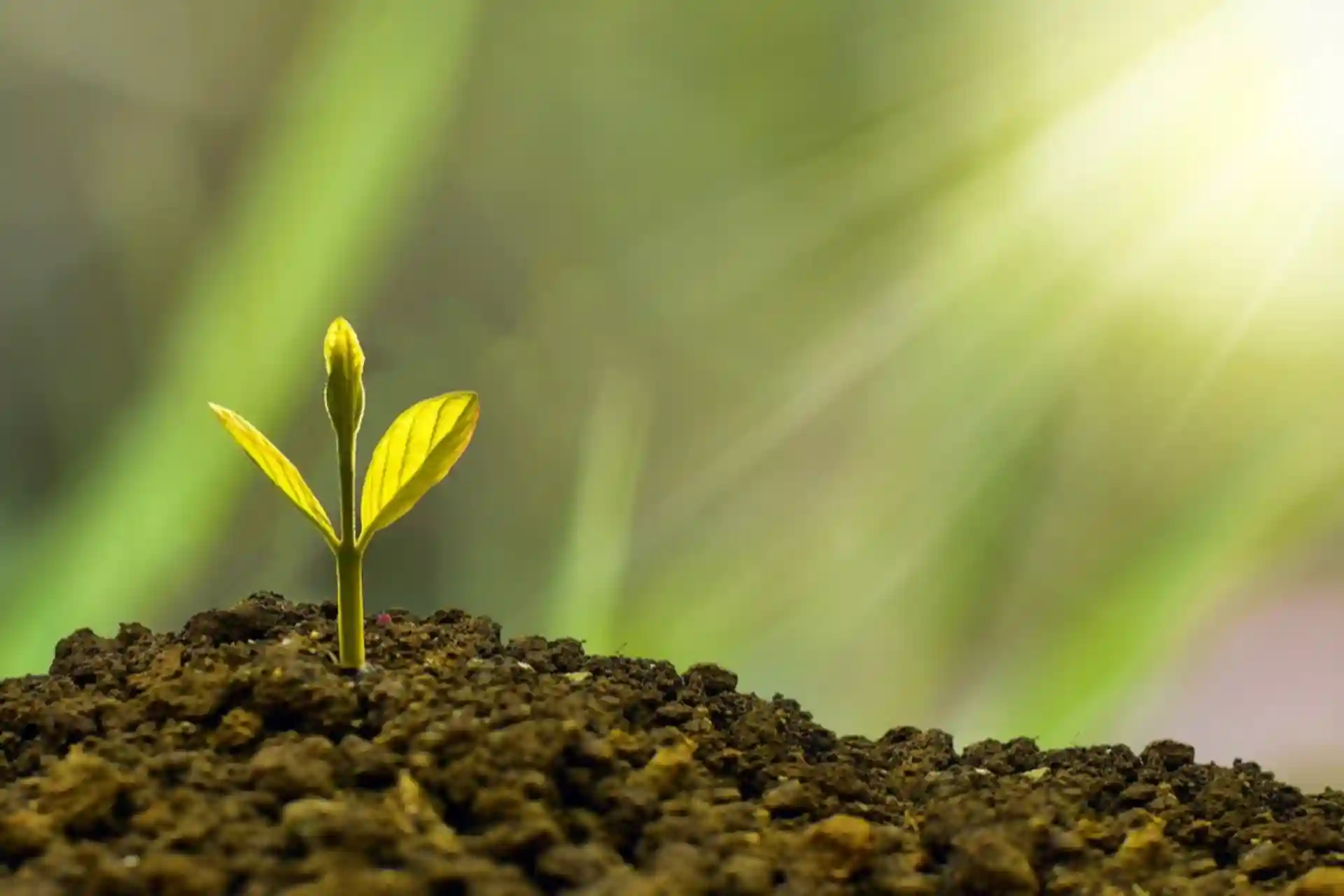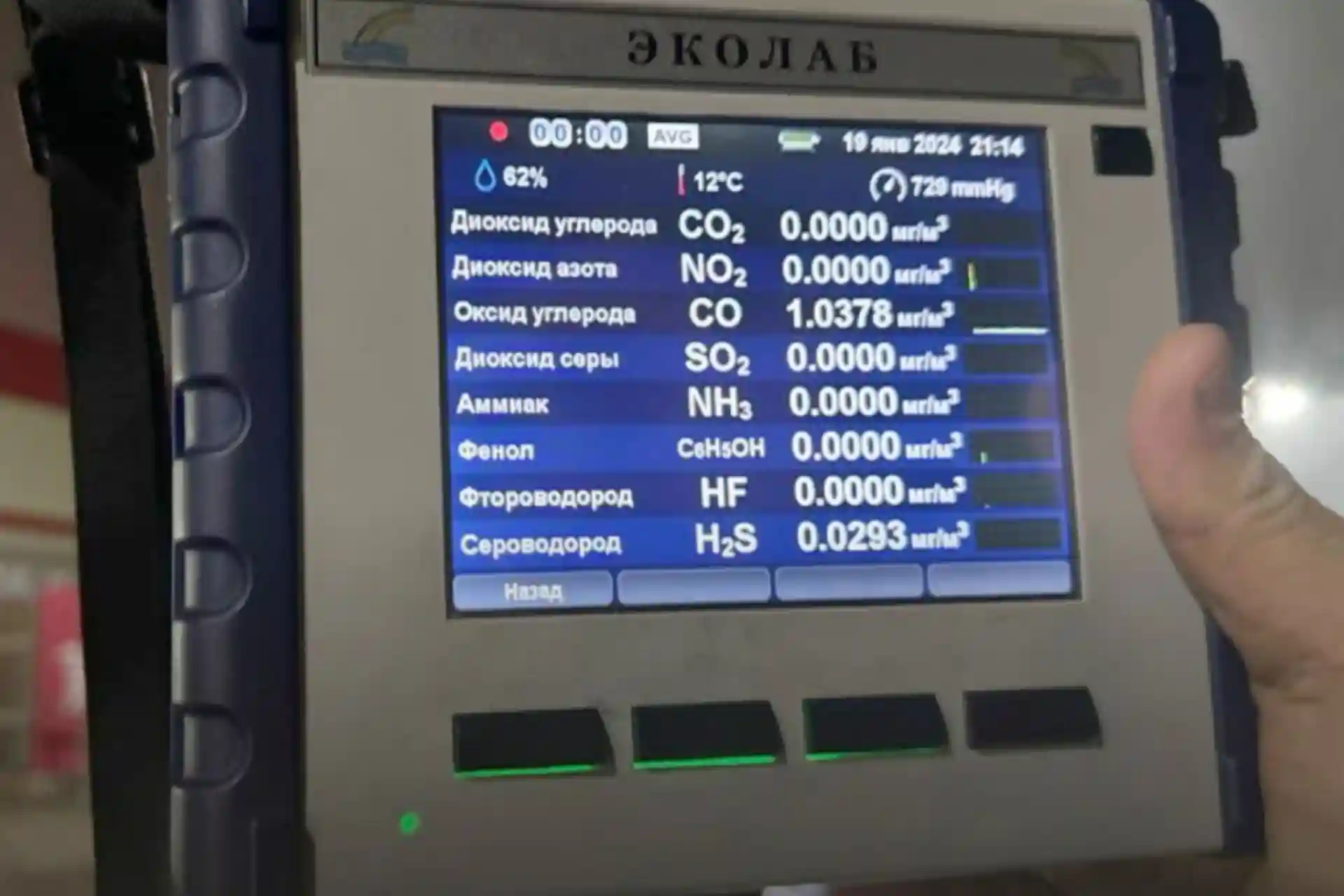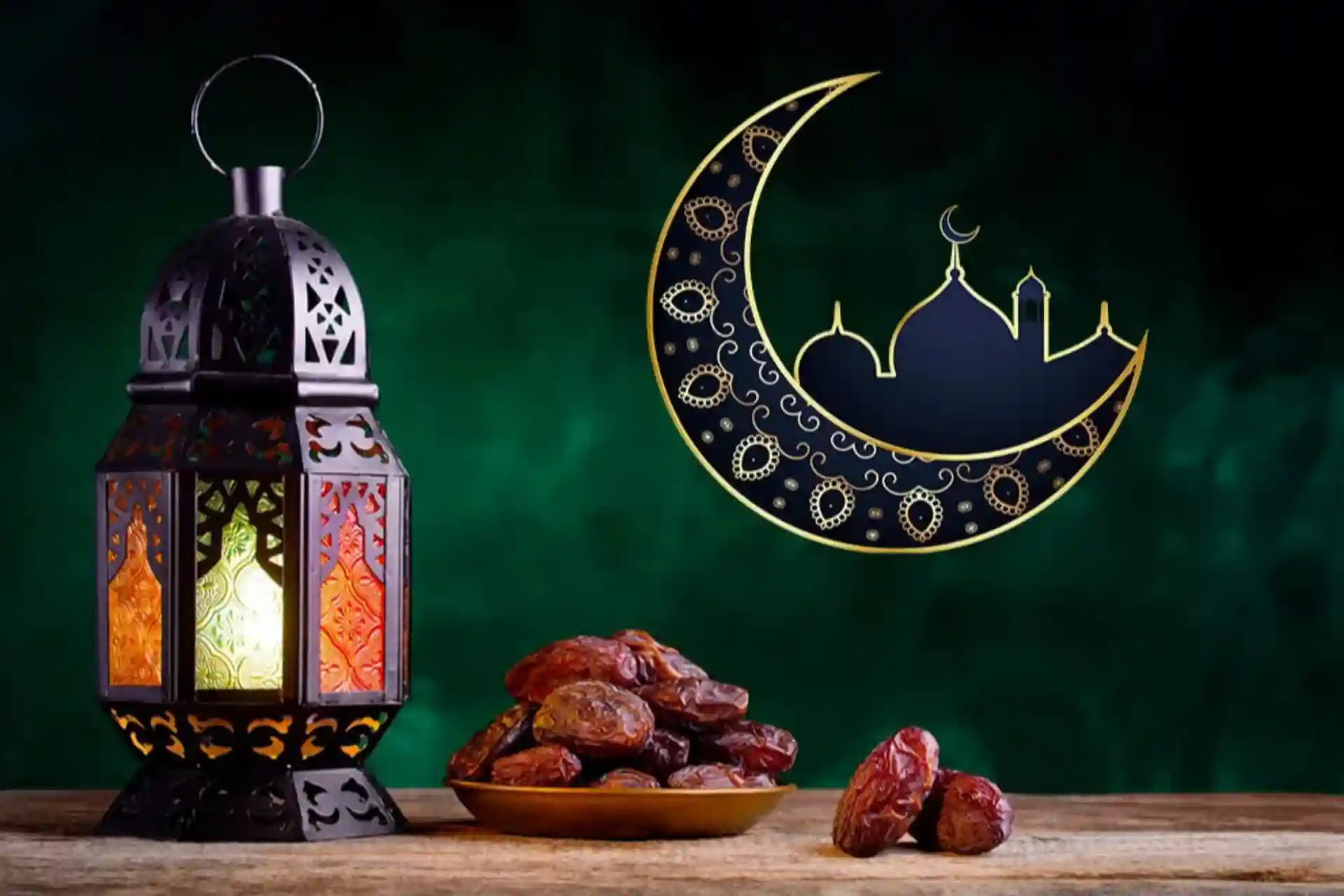If you want generations to remember you with prayers...
How can a "modern man" who, under the influence of consumerism , has been programmed to eat and enjoy life in this world all his life, who does not think about the afterlife, but denies it, even does not build a family or have children for his "happiness", how to care about the next generation. modern social and humanitarian sciences have not yet given a definite answer to the question of what we encourage. How can we convince people who think that "if we come into the world once, then turn into rotting soil and disappear, why should we bother thinking not about ourselves, but about people who have not yet been born?" ? After all, aren't they people who don't care about tomorrow?!
"In the spring season, at least 2,000 saplings must be planted in each of the 9,452 neighborhoods... We must plant 250,000 saplings in 30 percent of the territory of 2,500 high-rise buildings and establish a "green zone"... I want to tell you about this important issue once again. "Green space" is not an assignment, it is our conscience, our future life, our responsibility to our children. I would consider those who don't do green space to be careless people for tomorrow."
Shavkat Mirziyoev,
Resident of Uzbekistan
After hearing these words of the President, I immediately remembered this verse of the Holy Qur'an: "O our Lord! Forgive us and those who passed before us in faith" (Hashr, 10)
Today, when science has progressed, mankind has tried different ways of development. Especially during the last two centuries, when secularism prevailed, mankind put forward various ideas and theories about the reality of the world and things in it, the real reason for the existence of mankind, true happiness and the ways leading to it. To the question of what is good and what is bad and how to achieve it, such doctrines and directions as capitalism, modernism, secularism, communism, eugenics, natural selection, evolutionism, consequentialism, consumerism put forward hundreds of different assumptions, ideas and theories. However, none of these have given a complete and final answer to the question of what is good for humanity, how to achieve it and why it should be followed.
From the middle of the 19th century, the occurrence of the industrial revolution, the development of production and the sharp increase in the population led to unprecedented natural changes on Earth. Wild nature suffered a great loss, many species of animals died out, huge forests and green areas turned into dry steppes and deserts. In today's era, when the climate is getting worse year by year, the big stage often talks about the preservation of nature. In most countries, environmental protection has become a task of state strategic importance. The whole world is encouraging humanity to switch to a "green economy".
In particular, in Uzbekistan, greening of the environment and planting of trees has been promoted on the basis of the "Green Space" project for several years. As mentioned at the beginning of the article, President Shavkat Mirziyoyev assessed this task as "Green space" is not a task, it is our conscience, our future life, our responsibility to our children.
In fact, what kind of Uzbekistan the generation coming after us will live in, whether they will live in paradise or in a desert without water and trees, depends on the efforts of today's population. The next generation will feel the effect of our conservation and development of nature today. This includes not only our nature, but also our underground and surface natural resources that future generations can use.
However, under the influence of consumerism, how can a "modern man" who is programmed to eat and enjoy life in this world all his life, who does not think about the hereafter , but denies it, even does not build a family or have children for his "happiness", how to care about the next generation. modern social and humanitarian sciences have not yet given a definite answer to the question of what we encourage. How can we convince people who think that "if we come into the world once, then turn into rotting soil and disappear, why should we bother thinking not about ourselves, but about people who have not yet been born?" ? After all, aren't they people who don't care about tomorrow?!
If we work hard for the next generation, if we plant trees, conserve water, and preserve natural resources, will the next generation see the fruits of them, not us who suffer? What do we benefit from them? From a materialistic point of view, what is the moral significance of the survival or extinction of humanity on Earth for mankind, who will live today and die in the next hundred years?
Today, none of the secular sciences have been able to answer this question wisely. According to the theory of evolution and natural selection, the existence of thousands of species of animals that lived for millions of years before and then became extinct is of no concern to us today, so it is of no importance to the materialistic world whether humanity will die completely in a hundred or two hundred years from now. Therefore, why should a person, instead of enjoying life, make himself "Khalifa of Allah on earth" and devote his life and sweat to preserve nature for future generations? Isn't it better to eat and drink and live? He will die anyway.
No, Islam does not think in such a narrow way. Islam teaches and enjoins what is beneficial to mankind in this world and in the Hereafter. For the good deeds you have done today for the next generation, the future generation will say, “O our Lord! Forgive us and those who came before us in faith." And their prayer will benefit you in the Hereafter, insha'Allah.
Perhaps, every citizen and our officials today is not only the tree we plant, but every good deed we do in society, our righteousness, our reforms, our education and teaching, calling people to good and turning people away from evil, in general, we are in a better state than the way we found this country. every action we do to leave will be good and useful for our future generations. Maybe then our believing and righteous children will say to us: "O our Lord! Forgive us and those before us who believed (in You and the reckoning on the last day) (and accordingly did righteous deeds for us)."
"Surely You are the Kind and the Merciful!"
Muhammad Zia



